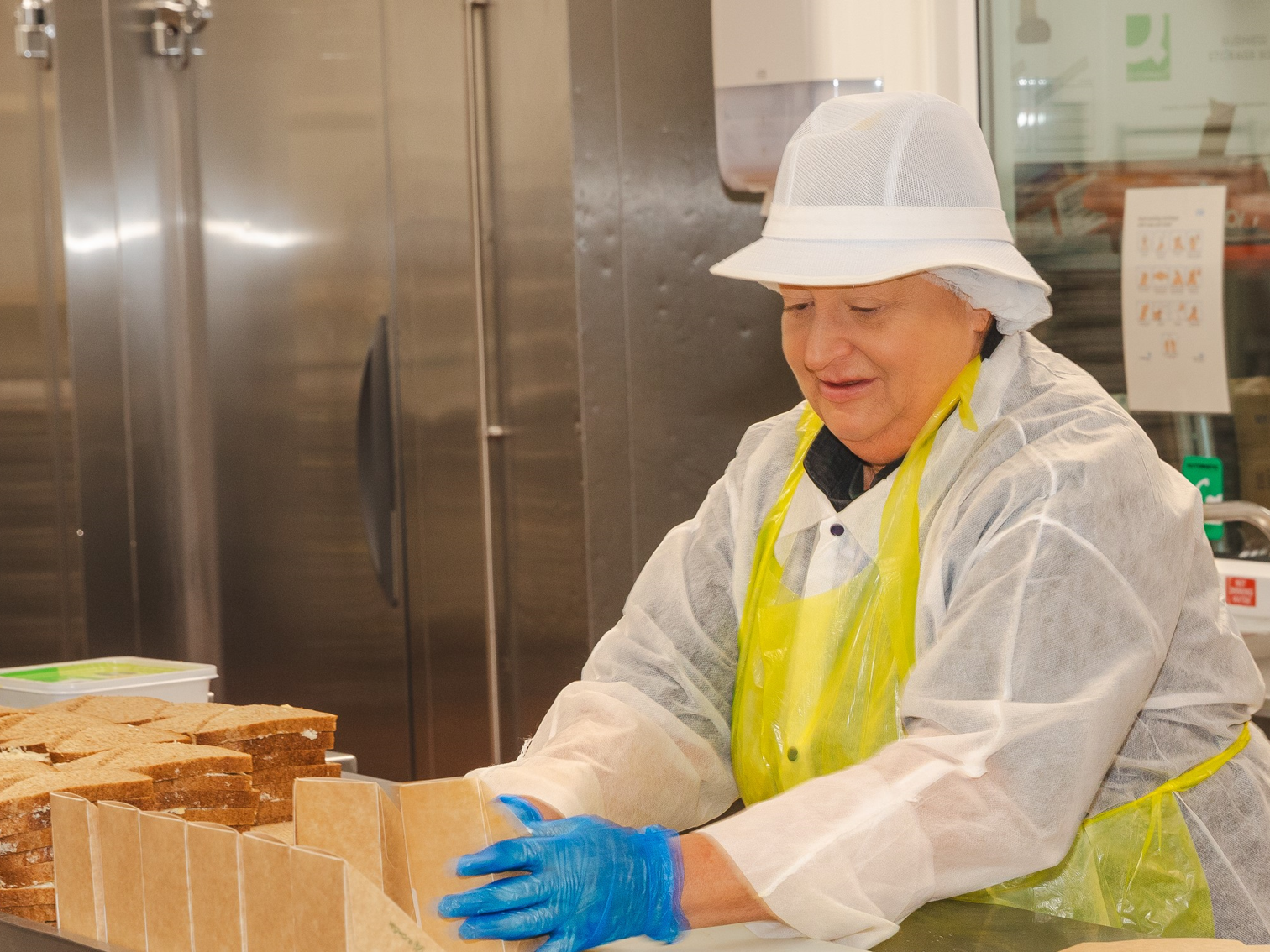
Catering, meals, refreshments & food
The prevention and control of infection is everyone’s responsibility, including staff, patients and visitors. We’re committed to providing high-quality services in a safe, clean environment. We insist that all our staff maintain a high standard of hand hygiene and we encourage our patients and visitors to do the same to protect family, friends and loved-ones.
Hand washing is the most effective way of preventing the spread of germs and even if hands look clean, many germs are still present. By frequently washing your hands with soap and water, you will ensure that your hands are clean and the risk of spreading infection is reduced.
We request that patients regularly and thoroughly wash their hands using soap and water:
If it is difficult to get to a sink or to use a washbowl, patient hand wipes are available if you need them - please do not hesitate to ask a member of the team providing your care.
We ask that visitors wash their hands using soap and water:
We ask that visitors do not do any the following:
Norovirus is the most common stomach bug in the UK, affecting people of all ages.Between 600,000 and 1 million people in the UK catch it every year. You may have heard of it as the "winter vomiting bug" because the illness is more common in winter. However, the virus can be caught at any time of the year.
Noroviruses cause a very unpleasant but generally short-lived illness from which people will usually recover without treatment. The main symptom is vomiting and is sometimes accompanied by diarrhoea. Some people may have a raised temperature, headaches and aching limbs.
Norovirus is highly infectious and it can spread rapidly in semi-closed communities such as hospitals. People feel very unwell when they have a norovirus infection, but it is not usually necessary to seek medical advice unless symptoms persist for more than a few days.
People with symptoms should stay at home and take plenty of fluids until they are free of symptoms for 48 hours. If the illness persists for more than a few days, they should contact their GP or call 111.
The virus is easily spread by contact with an infected person, especially through their hands. You can also catch it through contaminated food or drink or by touching contaminated surfaces or objects.
If you do become ill, you can reduce the risk of passing on the virus to others by:
For more information about Norovirus, please visit the NHS choices website.